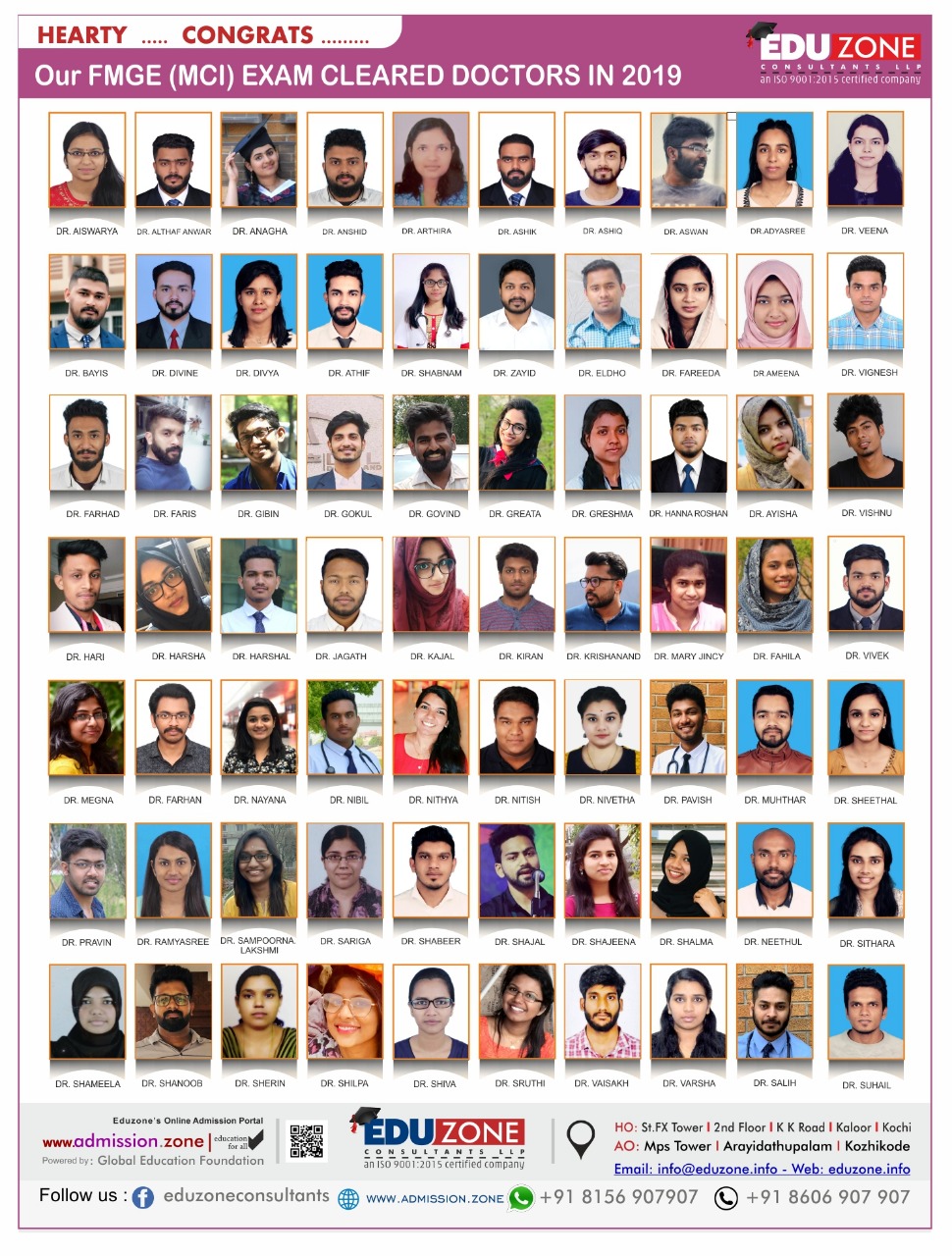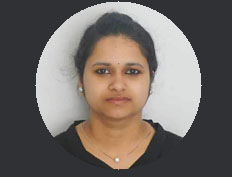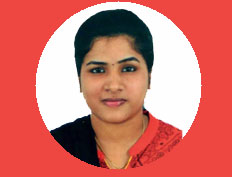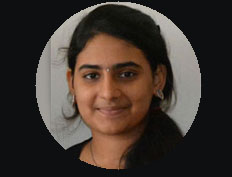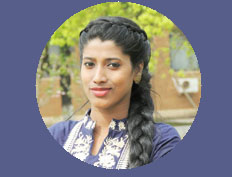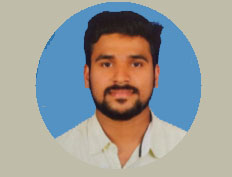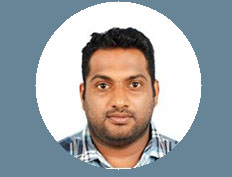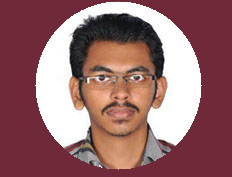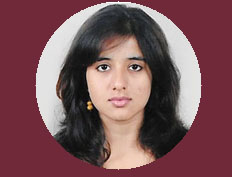Study in India India has traditionally been seen as a country that sends rather than receives international students, but a growing number of students from elsewhere are now choosing to study in India. Indeed, the 2012 Open Doors report from the Institute of International Education found that India had become the 11th most popular country for US students abroad. With the world’s second largest population (after China), and a fast-growing and ever-more influential economy, it’s unsurprising that India’s higher education system has undergone rapid expansion over the past few decades. It is now one of the largest higher education systems in the world (after China and the US) – and to an outsider, perhaps one of the most complex. There are thousands of universities and colleges to choose from, of many different types, sizes, specializations and origins, some state-run, others private.
Universities in India India is especially well known for the quality of its education in engineering and technology subjects, spearheaded by the prestigious and internationally recognized Indian Institutes of Technology (IITs). There are currently 16 of these, around the country, focusing mainly on engineering, technology and science disciplines. Other highly acclaimed specialist universities in India include the Indian Institute of Science in Bangalore, and the Indian Institutes of Management (IIMs), of which there are 13 spread across the country. A total of 20 Indian universities are ranked among the BRICS top 200, in the new edition of the QS University Rankings: BRICS. The six highest-ranked are all members of the prestigious Indian Institutes of Technology (IIT) group: the Indian Institute of Technology Delhi (IITD) is 13th, Indian Institute of Technology Bombay (IITB) 15th, Indian Institute of Technology Kanpur (IITK) 16th, Indian Institute of Technology Madras (IITM) 17th, Indian Institute of Technology Kharagpur (IITKGP) 20th and Indian Institute of Technology Roorkee (IITR) 37th – with the close places of the first five in particular reflecting a strong consistency in quality. The University of Delhi and University of Calcutta also both make the BRICS top 50, and a further seven universities in India are within the top 100. While this is a relatively strong performance (a quarter of the top-20 spots is certainly respectable), the ranking is likely to fuel concerns expressed by India’s new government about the country’s failure to keep pace in international university rankings with fellow fast-developing economy China. The latter has a total of 71 institutions in the BRICS top 200, including six within the top 10.
International reputation Like all of the rankings produced by QS, the QS University Rankings: BRICS includes two indicators designed to assess universities’ international reputation. This is based on major global surveys of academics and employers. A strong international reputation among graduate recruiters is clearly one of the key strengths of the Indian Institutes of Technology, as well as the University of Delhi, which joins the IITs of Bombay, Delhi and Madras within the BRICS top 10 as rated by employers. International reputation among academics lags just a little behind, with the same three Indian universities topping the list: Indian Institute of Technology Bombay (13th in the academic survey), Indian Institute of Technology Delhi (15th) and University of Delhi (16th). A total of eight universities in India make the BRICS top 50 according to academics, while 14 are included among employers’ 50 leading BRICS institutions.
Research Research productivity is another area of strength for universities in India, which claim six of the top-10 spots when comparing BRICS institutions on the number of papers published per faculty member. This correlates with the highly qualified, if stretched, academic staff at India’s leading institutions. Here again the highest scorers are almost all within the IIT group, with the notable exception of the University of Mumbai, which ranks 5th among BRICS universities on this indicator, two places behind the Indian Institute of Technology Kharagpur. In terms of research impact, however, the list looks somewhat different. India’s highest entrant when considering citations per paper is Panjab University, which comes third among BRICS institutions on this measure. The University of Delhi and Banaras Hindu University also make the top 25, followed by the University of Madras (31st), while the highest ranked IIT this time is the Indian Institute of Technology Roorkee (40th).
Internationalization The picture in terms of internationalization – assessed by proportion of international faculty members and international students – is not quite so promising. Only Pondicherry University appears within the BRICS top 100 for proportion of international faculty, and just two Indian universities are within the top 100 for proportion of international students. These two, however, do stand out; the University of Madras comes 11th on this indicator, and Manipal University 26th. To compare universities in India with other BRICS institutions on all eight indicators, visit the interactive ranking table (sign in or register for full functionality).
www.buyphenterminerx.com


